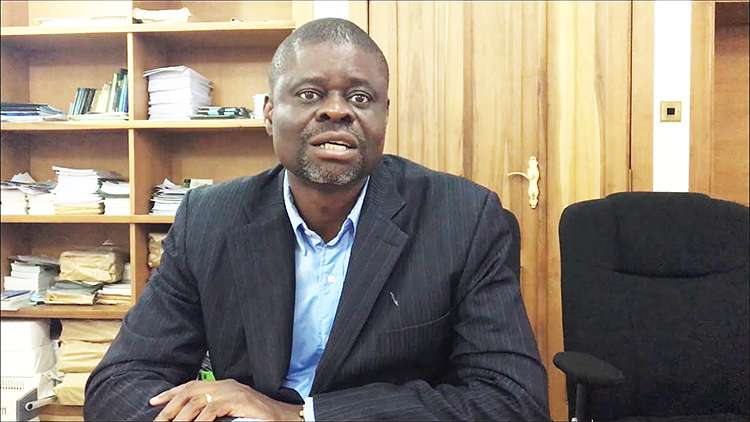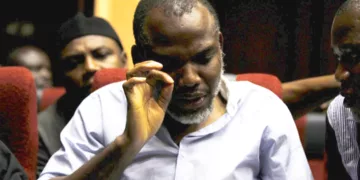A renowned development expert, Dr Otive Igbuzor, has identified quality of leadership, effective governance and the strength of institutions as essential factors for the progress of African nations.
The human rights advocate said the lack of such in any system usually leads to stagnation in terms of development.
Delivering a keynote address at the 2025 International Leadership Conference on Leadership, Governance, Sustainable Change and Wealth Creation at Afe Babalola University, Ado-Ekiti (ABUAD) at the weekend, he said that quality leadership remains the most critical determinant of whether a nation will thrive or falter in the face of challenges such as insecurity, inequality, climate change, disruption, and democratic backsliding.
ABUAD organised the conference, “Transformational Leadership In An Insecure And Disruptive Era: Building Ethical, Resilient And Impactful Leaders For Africa,” in conjunction with Trinity Western University, Vancouver,Canada, and the African Centre for Leadership, Strategy And Development (CentreLSD).
The development expert, the founding executive director of CentreLSD, disclosed that studies have shown that the world is experiencing a leadership crisis, with over 86% of global experts identifying inadequate leadership as a significant challenge for solving contemporary problems.
“In Nigeria and many parts of Africa, this crisis manifests in poor governance, insecurity, elite capture, weak institutions, exclusionary politics, and underdevelopment despite vast human and material resources”
This came as the university’s founder, Aare Afe Babalola, decried the huge amount Nigeria owes in debt as a nation,
The legal icon said, “The Theme of this Conference is most appropriate at this time of our development. The record shows that Nigeria is a big debtor country today. Nigeria’s total public debt is N152.4 trillion, or $99.7 billion.
“Consequently, most business companies from other countries do not want to invest in this debtor country. Banks are complaining that the Central Bank is not honouring Promissory Notes issued by the government on the allegation that the Federal Government is in debt and cannot pay the Central Bank.
“Before independence in 1960, and a few years after independence, life was safe; there was no stealing, armed robbery, or kidnapping; the Nigerian Naira was stronger than the US dollar, and food was abundant. Sixty-five years later, $1 is equivalent to N1,500”.





